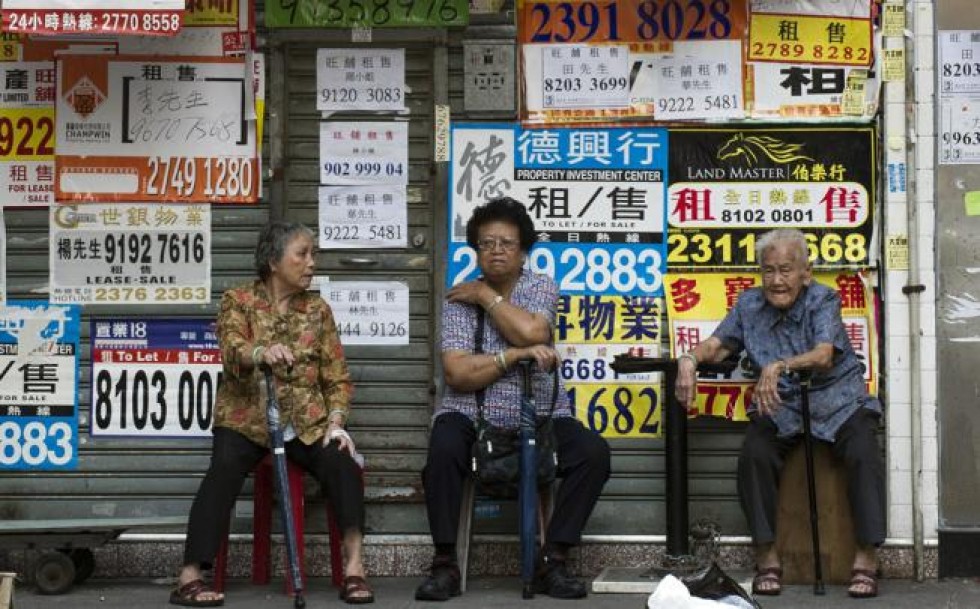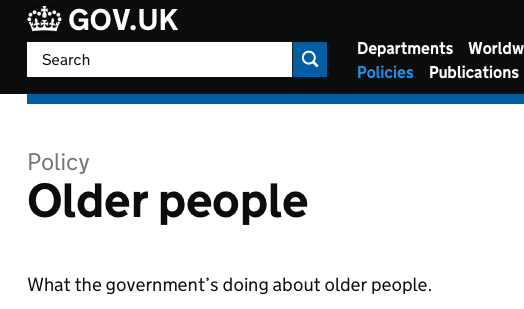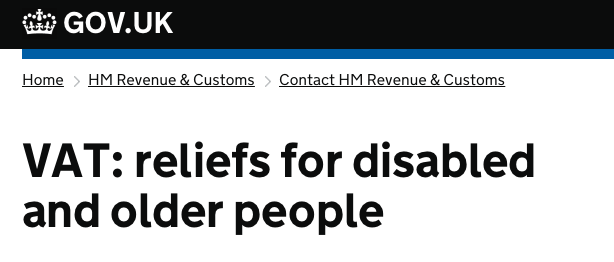|
Should we describe these local ladies as old people, aged people, elderly people, or elders? Is there a difference? Are they all correct? Photo: SCMP It can be a sensitive matter when we want to talk about an individual (or a group of individuals) on the basis of age. Words like 'old', 'aged' and 'elderly' are quite imprecise (when does someone become 'old' exactly?) and can often carry negative connotations as part of their meaning. Some of the most common terms you'll see used in English writing are:
In addition, there is a group of collective terms commonly used to refer to all members of the class:
If you use 'elder' like this in your writing, you may be surprised to find that in standard English 'elder' is NOT usually used to mean 'a member of the class of elderly people'. The Oxford Online Dictionary, for example, (http://www.oxforddictionaries.com/definition/english/elder), does not associate the word 'elder' with someone who is old. One important meaning given there is 'a leader or senior figure in a tribe or other group' -- in other words, the word carries a sense of a person having respect and authority rather than specifying a person's age. Although the word 'elder' looks like it fills a useful gap, it is not standard English. One of the few cases where it is commonly seen in standard English is in the expression 'Elder abuse', and even in this expression it is not common. So -- what alternatives are available? What terms are used in places like the UK and the US? In both these places, the preferred term these days is 'older person' (plural: older persons / older people). In the US, a national survey of journalists involved in writing about age issues found that this term was "seen by reporters as the more neutral and flexible descriptor for people in later life". Here are a couple of examples from the official gov.uk webpage in the UK: The word 'elder' to refer to someone in later life is a useful Hong Kong term; but if you are wanting to write standard English, avoid it. In the examples I gave earlier, for example, it would be better to redraft the headlines as follows:
In the second example, DON'T write 'The elderly (aged 65 years or above)' -- because 'elderly' carries a sense of advanced age, and many healthy, fit 65-year olds will not be happy to be described as 'elderly'! Note added 27/8/2016: One of my regular blog readers has pointed out to me this very relevant article by a local Hong Kong journalist, well worth a read to follow up this blog post.
0 Comments
Your comment will be posted after it is approved.
Leave a Reply. |
About this blogThis blog arises from keeping an eye on English in Hong Kong. I often use signs, notices and advertisements that I see as starting points to write about English issues that commonly challenge Hong Kong writers. Archives
October 2017
Categories
All
|






 RSS Feed
RSS Feed